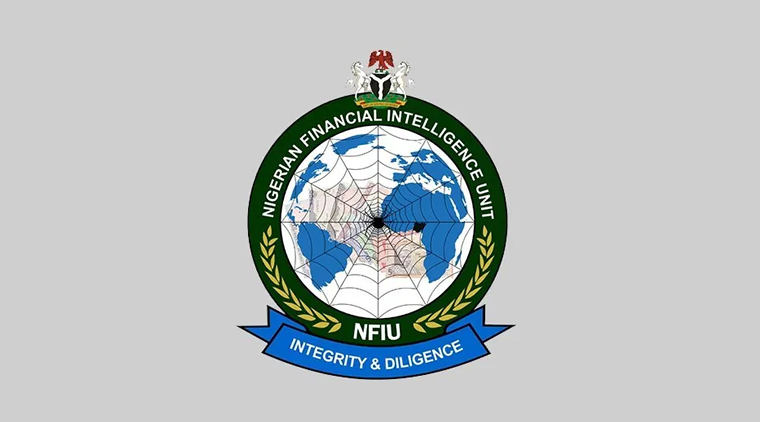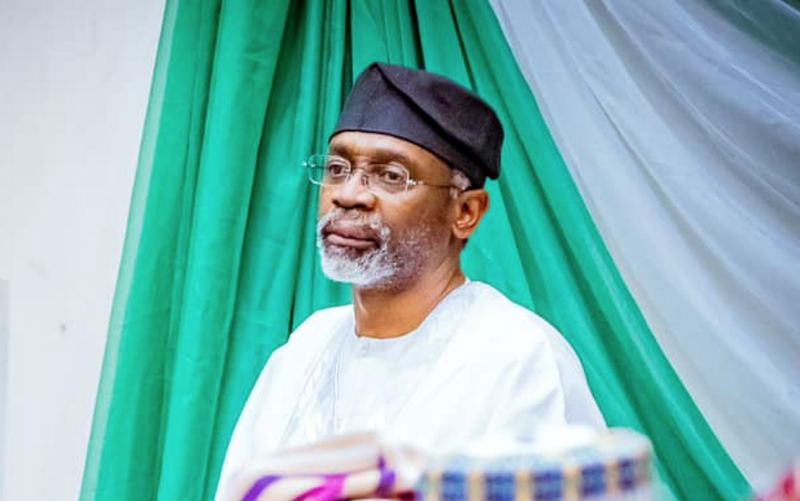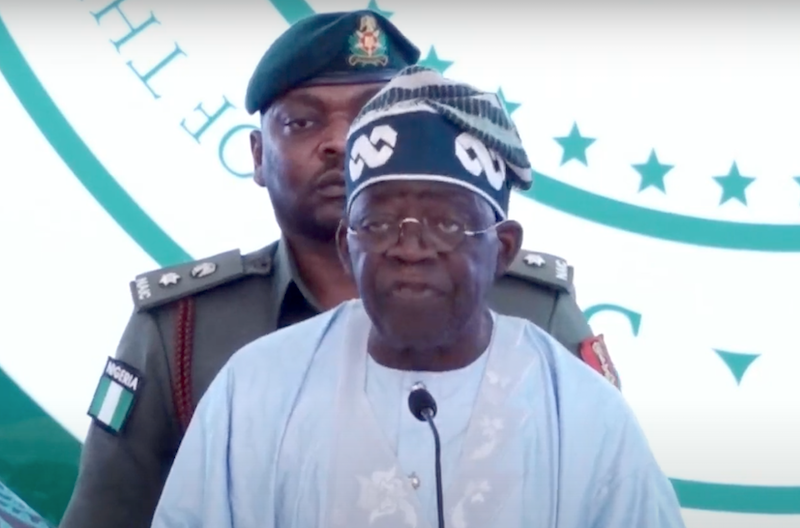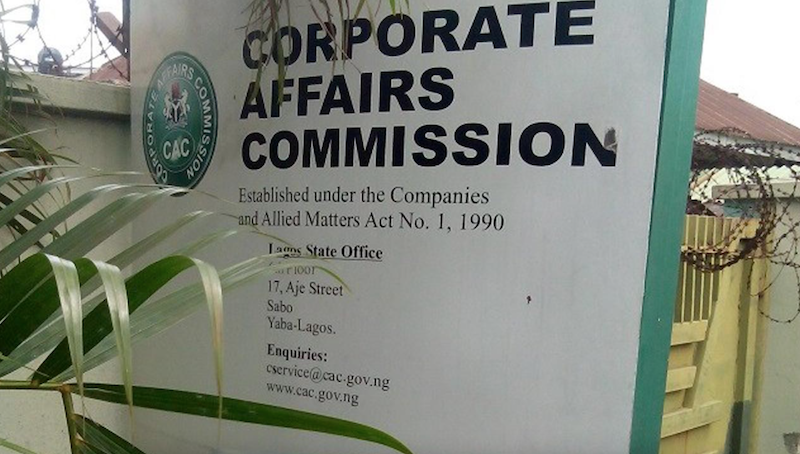The Chief Executive Officer (CEO) of the Nigerian Financial Intelligence Unit (NFIU), Ms Hafsat Bakari, has said the country’s potential exit from the grey list will be later in 2025.
The NFIU’s Strategic Communications Officer, Mr Sani Tukur, confirmed this in a statement on Friday in Abuja.
Bakari said that exiting the grey list would not only mark progress for the country but also reinforce its commitment to a more transparent financial environment.
She noted that the approval of Nigeria’s fifth progress report by the Financial Action Task Force (FATF) was a significant achievement.
The CEO said the approval represents a milestone in Nigeria’s efforts to strengthen its Anti-Money Laundering and Counter-Terrorist Financing (AML/CFT) framework.
According to her, demonstrates Nigeria’s commitment to international standards in combating financial crime.
Bakari added that the FATF’s recognition underscores the effectiveness of collaboration among various Nigerian stakeholders in achieving these positive outcomes.
Earlier, the FATF commended Nigeria’s strides in combating money laundering and terrorist financing, approving the country’s fifth progress report since its inclusion in February 2023.
The FATF plenary acknowledged Nigeria’s substantial progress in implementing the action plan agreed with its International Cooperation Review Group (ICRG).
This action plan aims to address deficiencies identified in the 2021 AML/CFT mutual evaluation report.
The plenary recognised Nigeria’s sustained high-level political commitment to ongoing reforms.
Additionally, all stakeholders, coordinated by the NFIU, have taken concrete measures to enhance the effectiveness of the country’s AML/CFT regime.
This progress indicates that Nigeria is on track to complete the action plan before the May deadline and could exit the FATF’s grey list by year-end.
While reviewing Nigeria’s progress, the FATF plenary also approved the removal of the Philippines from its list of jurisdictions under increased monitoring.
The Lao People’s Democratic Republic and Nepal were added to the list.
NAN reports that Bakari led Nigeria’s delegation to the FATF meetings in Paris.
The FATF is the global body established in 1995 to lead efforts against money laundering, terrorist financing, and proliferation financing.
The grey list includes jurisdictions under increased monitoring, actively working with the FATF to address deficiencies in their AML/CFT regimes.






